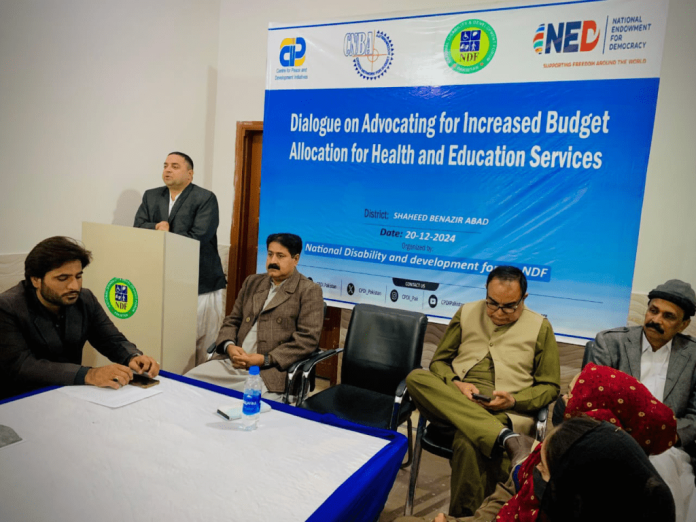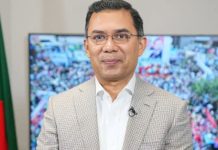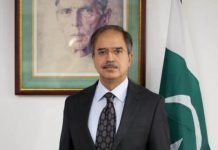NAWABSHAH, DEC 21 (APP/DNA):The National Disability and Development Forum NDF with collaboration of Network for Budget Accountability (CNBA), managed by Centre for Peace and Development Initiatives (CPDI), Islamabad, organized a dialogue on the health and education budget allocations in Pakistan held in District Shaheed BenazirAbad.
The speakers Abid Lashari President NDF Shahzado Jiskani, Lal Chand, Farooq Bhatti, Tariq Hussain Channar Program Manager NDF, Yaseen Khaskheli and others focused on analyzing budget trends from 2021-22 to 2024-25, shedding light on infrastructure gaps and regional disparities that continue to challenge these vital sectors.
The event highlighted how gradual budget increases have not been sufficient to meet the country’s growing needs, with pronounced inequities across provinces in both the health and education sectors.
At the provincial level, Sindh’s education budget emerged as a model of balanced distribution, with over Rs 507,576 million allocated, ensuring equitable funding across primary, secondary, and tertiary education. Conversely, Punjab’s budget, though significant at Rs 191,540 million, heavily favors tertiary education, with only 7% allocated to primary education. KP followed a similar pattern, allocating 73% of its Rs 101,271 million budget to tertiary education, while Balochistan demonstrated a progressive shift by increasing its education budget by 218% in 2024-25, focusing significantly on primary and secondary education to address foundational learning needs.
The dialogue concluded with key recommendations aimed at addressing the structural funding gaps in both sectors. It was emphasized that Pakistan must increase its health budgets across all levels, prioritize hospital infrastructure and target funding toward underserved regions to reduce healthcare inequities.
Public-private partnerships and a stronger emphasis on preventive healthcare were suggested as critical strategies for enhancing service delivery.
In the education sector, rebalancing budget allocations to prioritize primary and secondary education was deemed essential for building a robust educational foundation nationwide.
These recommendations align with Pakistan’s commitments to the Sustainable Development Goals (SDGs), particularly SDG 3 (Good Health and Well-being) and SDG 4 (Quality Education).
By addressing these critical gaps in funding and infrastructure, Pakistan can move closer to achieving equitable access to healthcare and education, fostering inclusive socio-economic development and improving the overall quality of life for its citizens.

















